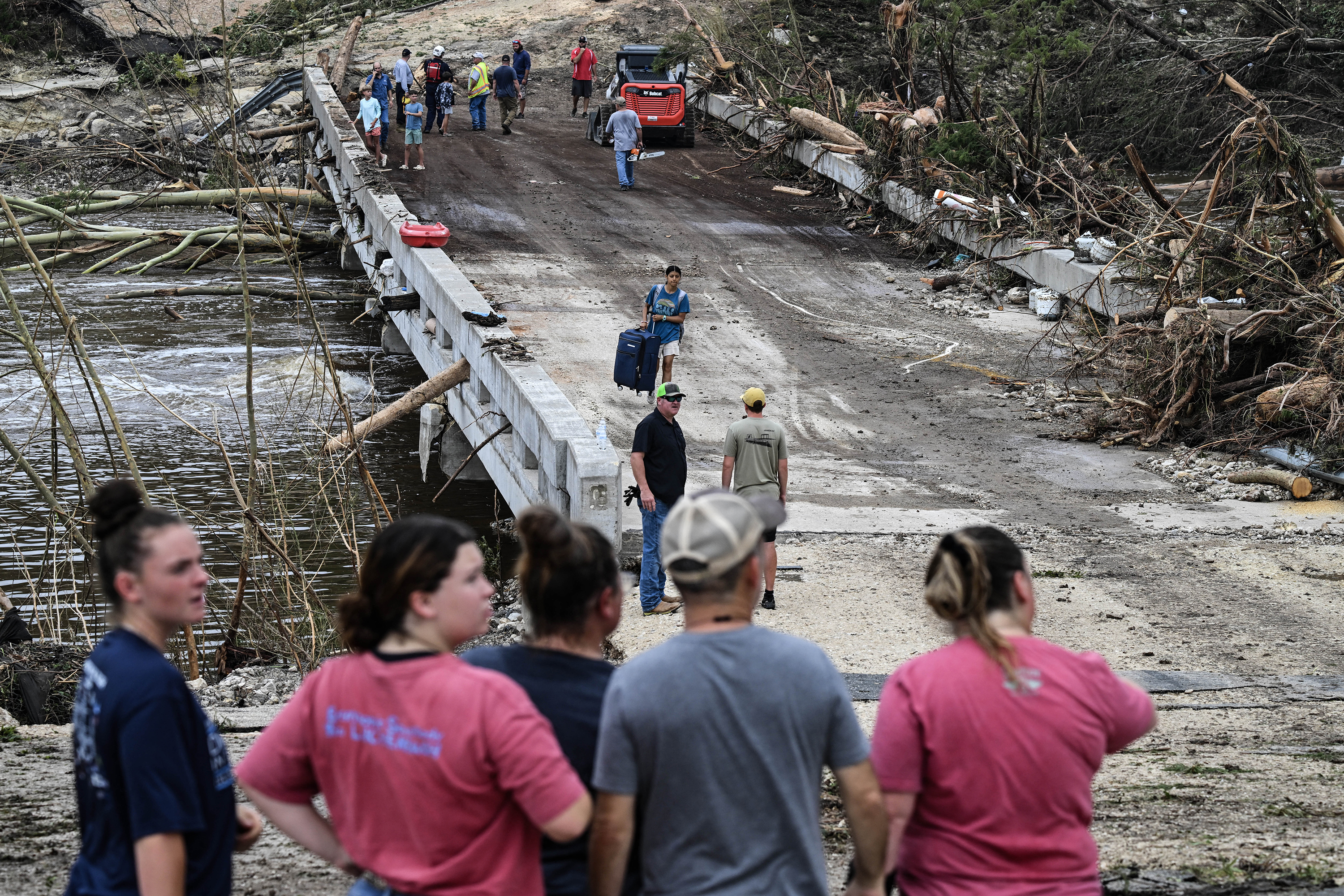Editorial: The lessons of Pearl Harbor remain important
Published 1:51 pm Tuesday, December 6, 2016
To honor America’s National Pearl Harbor Remembrance Day, the Day of Infamy, Dec. 7, it would be useful to recall what elements drove America to war in 1941. Astonishingly, some young American adults are not certain which nations the United States fought in World War II, much less why.
Those elements leading to war are resurfacing in a new form in the 21st century.
In 1941, the world had endured years of economic depression and struggle over scarce resources. The faraway economics of Japan seemed remote and unrelated to many average Americans – and perhaps even many of the 2,400 service personnel who died in the unexpected attack at Hawaii s Pearl Harbor 74 years ago.
The attack at Pearl came unexpectedly on a sleepy Sunday in the clear light of early morning. Many American servicemen, such as East Texan J.L. Dillingham, were awakened at 7:55 a.m., he said, by sounds of bombs falling and bullets raking American fighting ships.
History tells us some signs of an impending attack were missed – just as signs of an attack at our embassy in Benghazi, Libya, were missed. Vigilance can never be relaxed; the world is a dangerous place.
We also should recall the Japanese mindset of emperor worship. Emperor Hirohito was seen as a divine figure, living loftily above the average, compliant Japanese citizen. The soldiers and many civilians obeyed and died without question, caught up in a war that military leaders insisted was divinely led.
Obedient Japanese citizens rarely saw a photo of their leader and never heard his voice. But almost five years after the tragedy at Pearl Harbor, Japanese citizens finally heard the mortal Hirohito s voice calling for surrender.
A picture of Hirohito standing alongside a towering Gen. Douglas MacArthur showed that ordinary Americans, despite heartbreaking sacrifices, overcame the holy war of Japan and its delusion of divine purpose.
Pearl Harbor Day is more than a ceremonial remembrance. It was a painful lesson learned and relevant in the age of state-sponsored terrorism and murderous actions attributed to divine purposes.
Consider U.S.-born cleric Anwar al-Awlaki’s similar holy war against the United States, which continues even after he was killed by a U.S. drone a little more than five years ago.
“I eventually came to the conclusion that jihad (holy struggle) against America is binding upon myself just as it is binding upon every other able Muslim,” al-Awlaki said on a tape while alive.
That holy struggle continues. Just last week, a horrific knife attack took place at Ohio State University.
“Authorities believe the Ohio State University student responsible for Monday’s attack on campus was inspired by terrorist propaganda from ISIS and deceased Yemeni-American cleric Anwar al-Awlaki, two law enforcement sources said,” CNN reports.
On this Pearl Harbor Remembrance Day, we should recall what led us into that war, and remember that the world hasn’t become much safer in the intervening years. Surprise attacks are still being planned, and holy wars are still being waged.
Vigilance is a fitting tribute to those who perished.







